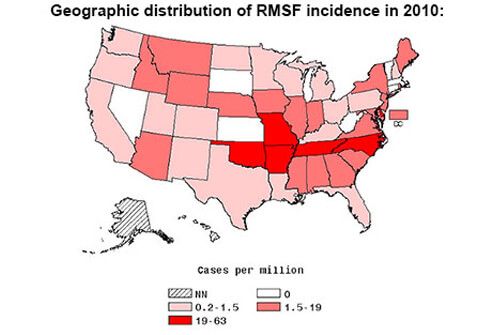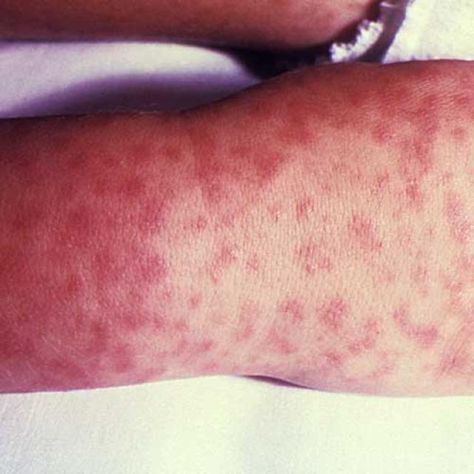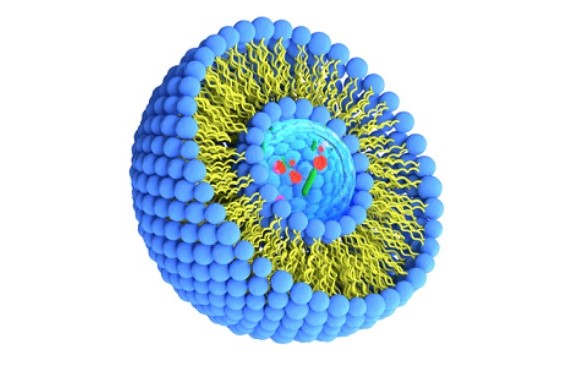
Rocky Mountain Spotted fever (RMSF) in New York, the third tick borne disease affecting dogs, is primarily the effect of two diseases, Lyme disease and Rocky Mountain spotted fever. The American dog tick (Rheumatoid arthritis brevis), the most common tick carrying the disease, is the most important culprit. Fewer than 20 cases are reported each year in New York state. RMSF is an extremely serious disease that can become life threatening in only the first few weeks of manifestation, even though rarely in otherwise healthy individuals.
Lyme disease is caused by the bacteria Borrelia burgdorferi
When ticks feed on their host, they carry bacteria with them. Once the bacteria bites the skin, it produces antibodies that trigger various inflammatory and autoimmune responses that can lead to RMSF. Dogs are more likely to develop RMSF than humans because they have frequent contact with other infected animals. Tick bites can also cause an outbreak of RMSF. Because there is no specific treatment for this condition, early treatment prevents secondary infections such as Rocky Mountain spotted fever from developing.
RMSF occurs primarily in dogs that live in areas where deer or other animals are found. This includes all the states of Connecticut, Delaware, Maryland, Massachusetts, Minnesota, Missouri, Nebraska, New Hampshire, Oregon, Pennsylvania, and Washington. In addition, RMSF does not affect dogs that live in parts of Canada. In New England, RMSF has not been seen since the early 1970s due to the widespread use of tick control. Tick control is essential to prevent the spread of the disease.
If RMSF were not present, a large number of domestic animals and humans would be infected. In particular, Lyme disease spreads easily through tick bites, while RMSF can spread through the bites of another infected animal. Since RMSF does not have an incubation period, it is not expected to be infectious in humans. RHSV-2.
Although there is no cure for RMSF, proper treatment can reduce its severity and shorten its duration. so that if caught early enough, it can be treated successfully without any complications.
Prevention of RMSF by tick control is essential. Since ticks are capable of transmitting the disease, a tick's saliva contains an antibody which can be transmitted to humans. It is therefore crucial to keep your pet free from other infected ticks by removing all but one tick from your dog's body.

There are many options for tick control, such as: using tick collars, deworming, or antibiotics to control the tick population. If these methods fail, you should consult with your veterinarian. You can also use a special liquid repellent to help reduce the number of ticks on your dog's body.
RMSF can be transmitted by mosquitoes, ticks, fleas, and even other animals, such as rabbits.
So make sure your dog is properly vaccinated for Rocky Mountain spotted fever
Some cases of RMSF, particularly those involving children, do occur after an episode of tick bites. In these cases, the children may suffer from a mild case of arthritis in the joints, which is caused by the antibodies produced in their bodies during the incubation period of the infection.
Symptoms of Rocky Mountain Spotted Fever is normally manifested shortly after being bitten by an infected animal. The first signs of the illness appear within two days. A red rash develops, and then begins to spread.
Symptoms of Rocky Mountain Spotted Fever is highly variable. Children may develop all of them at once, but adults are more likely to develop only one or two. The most common symptoms of the illness include fever, headache, loss of appetite, diarrhea, and vomiting. There are also cases of fatigue, fever, loss of energy, and loss of memory.
Some people experience no symptoms at all, while others experience a combination of symptoms. If you think you may have RMSF, it is advisable to visit your vet as soon as possible.
